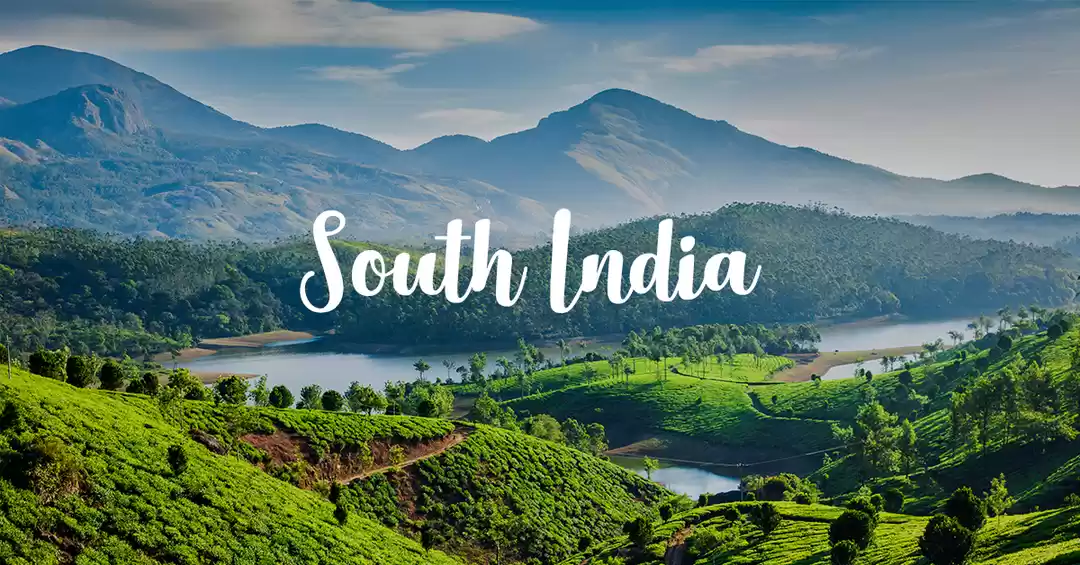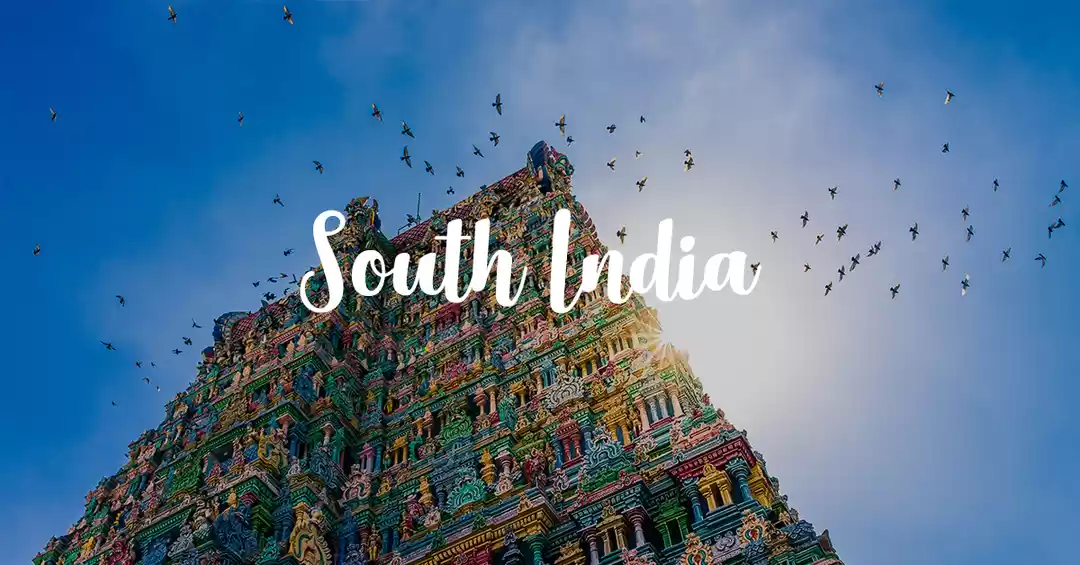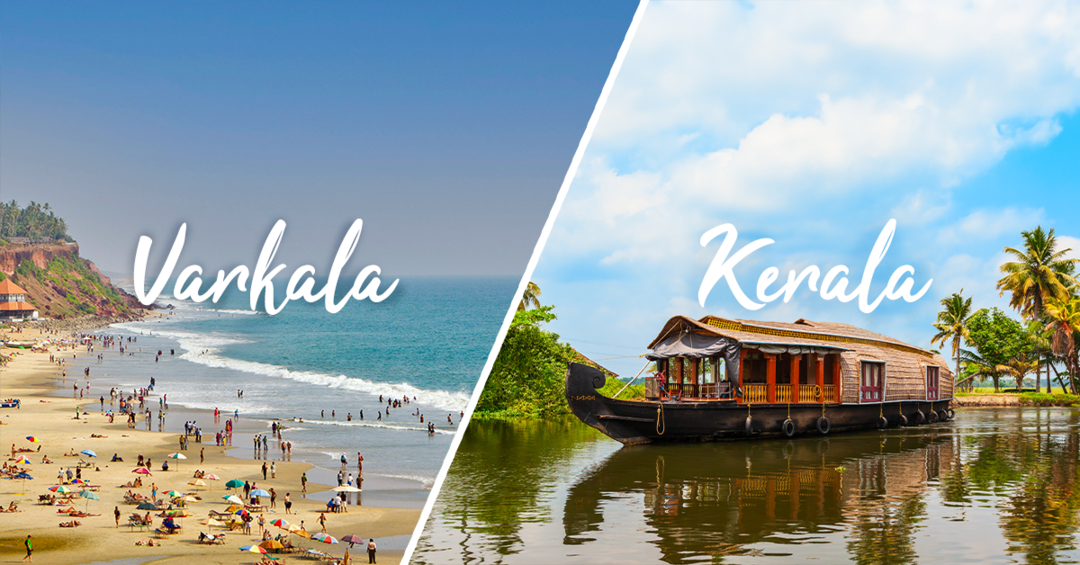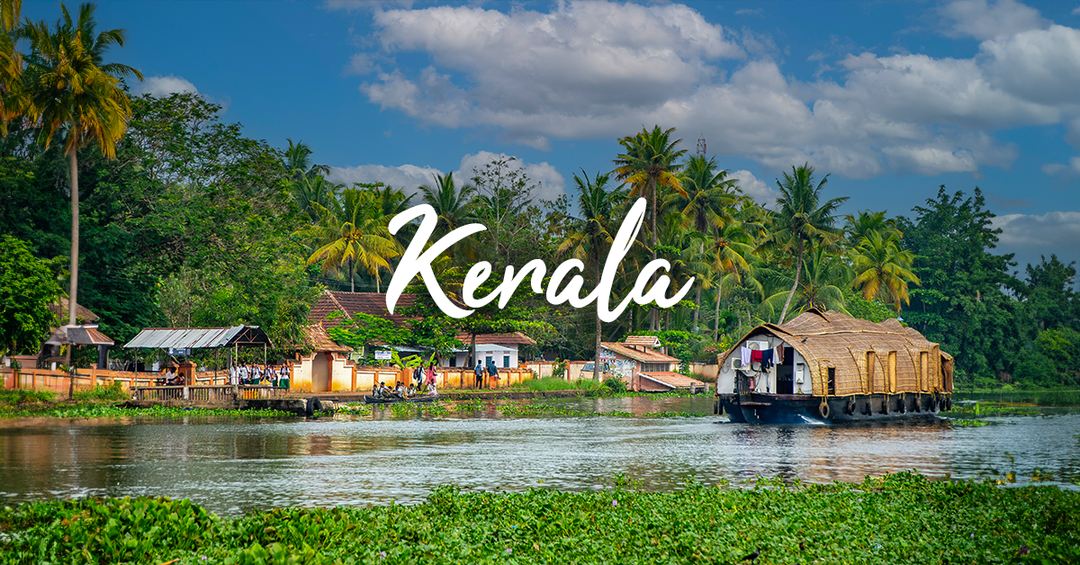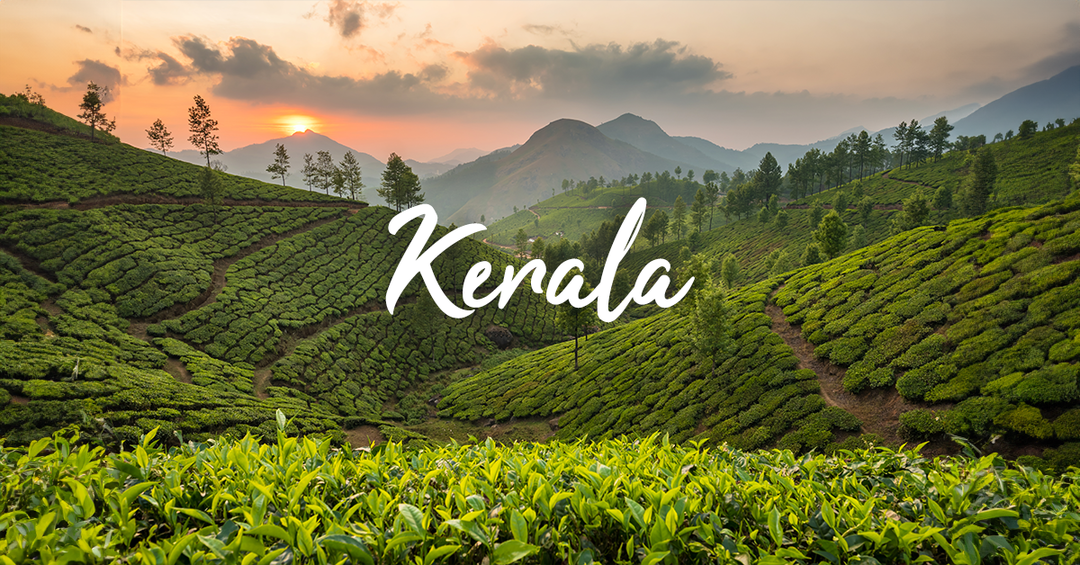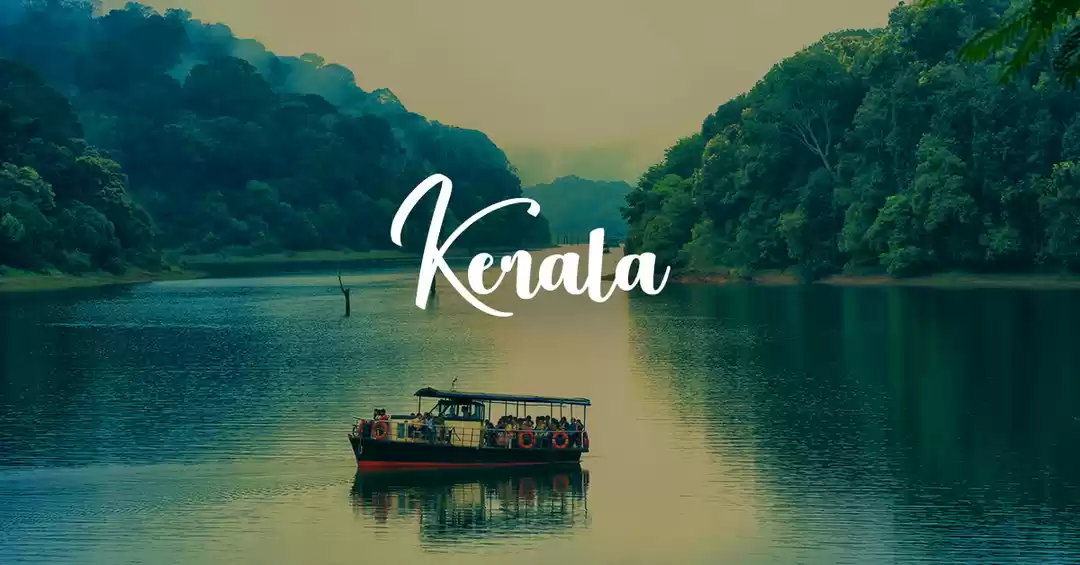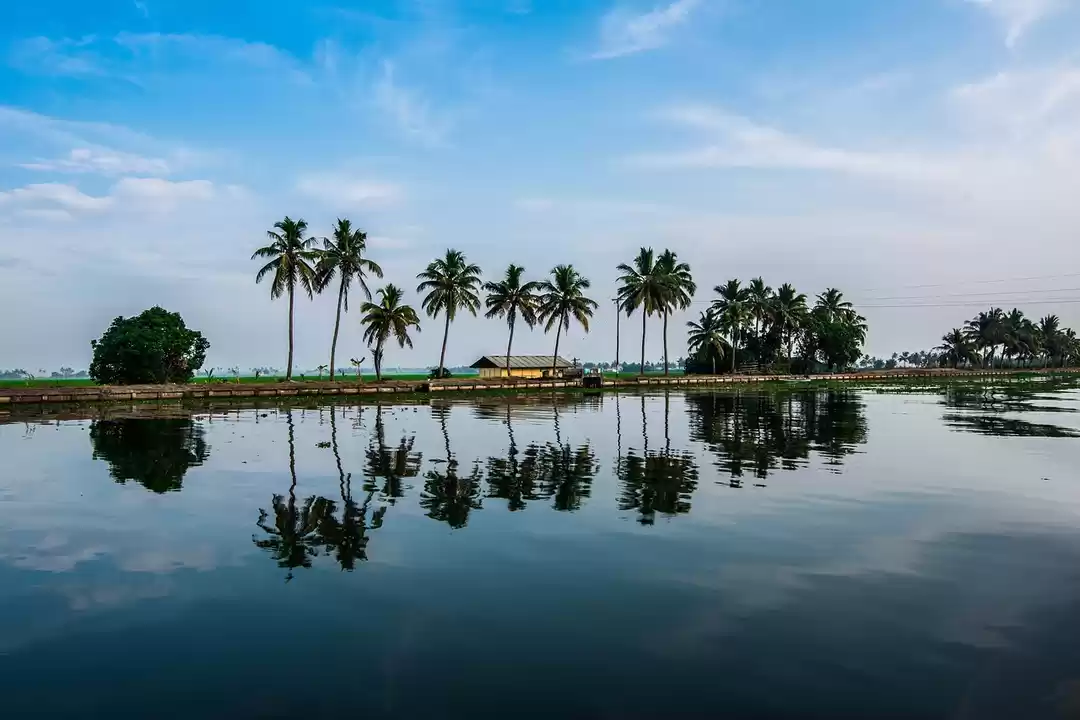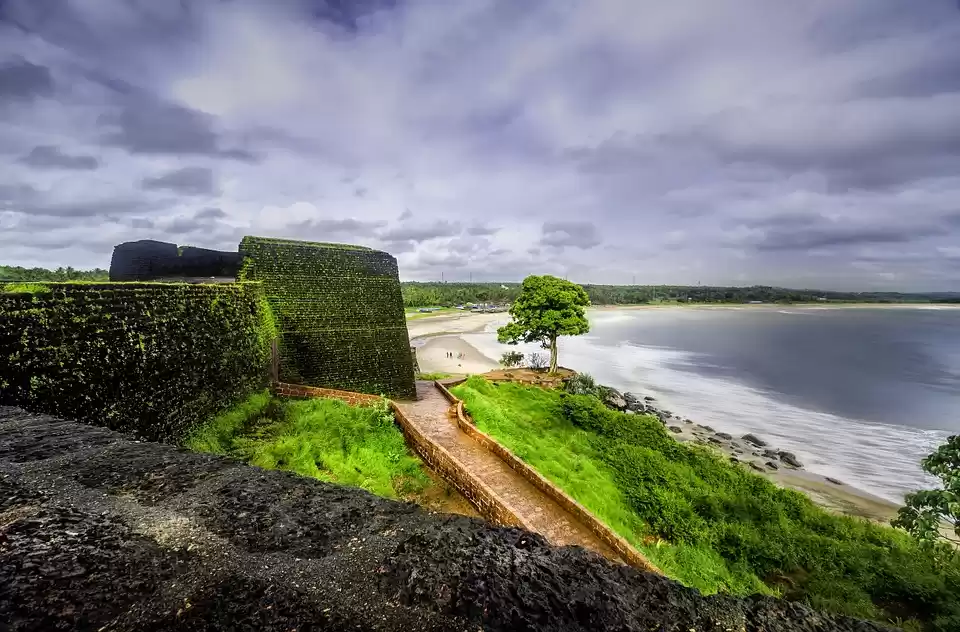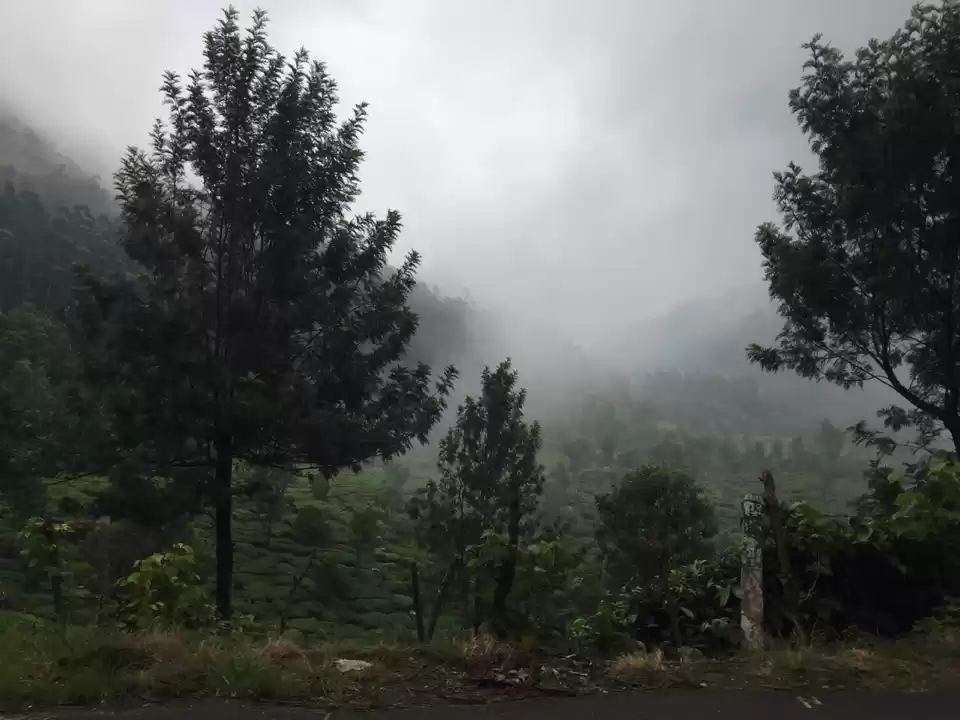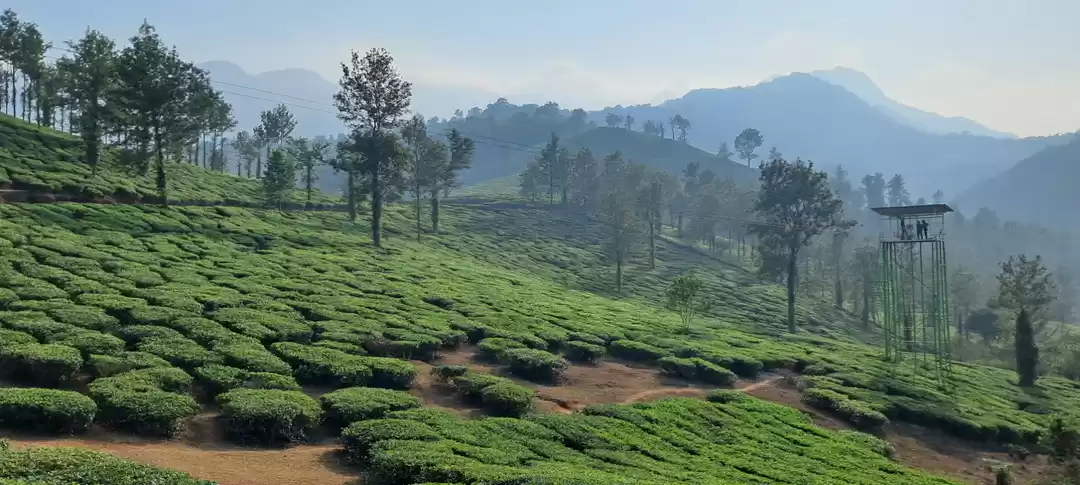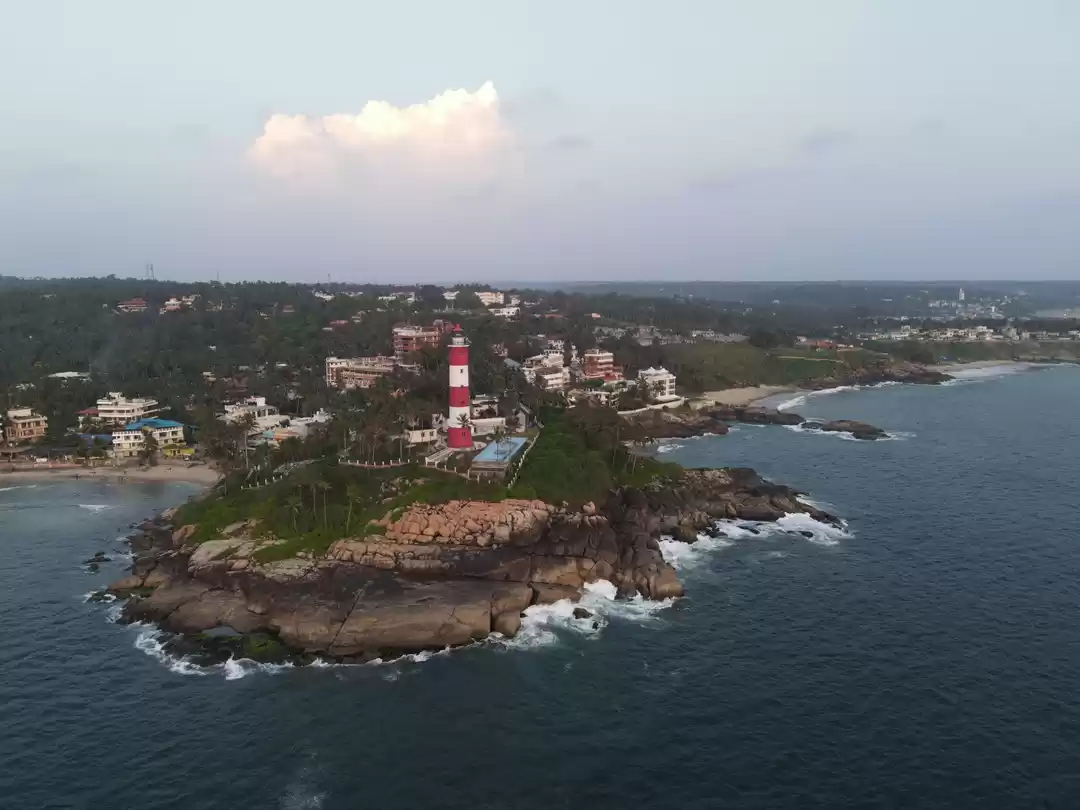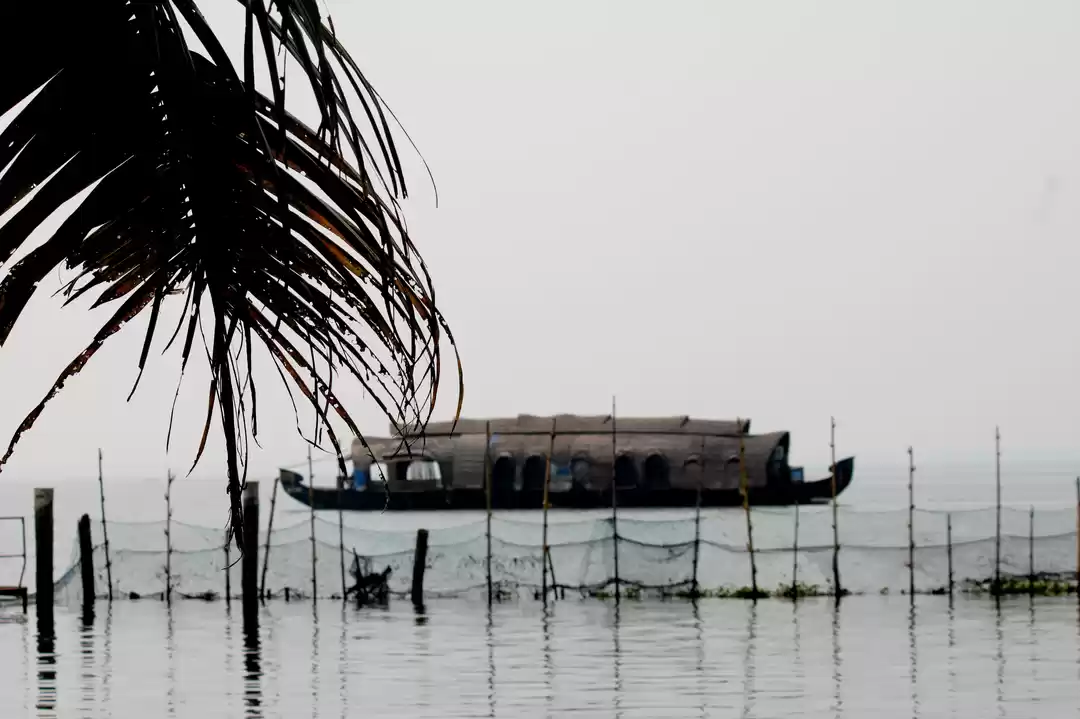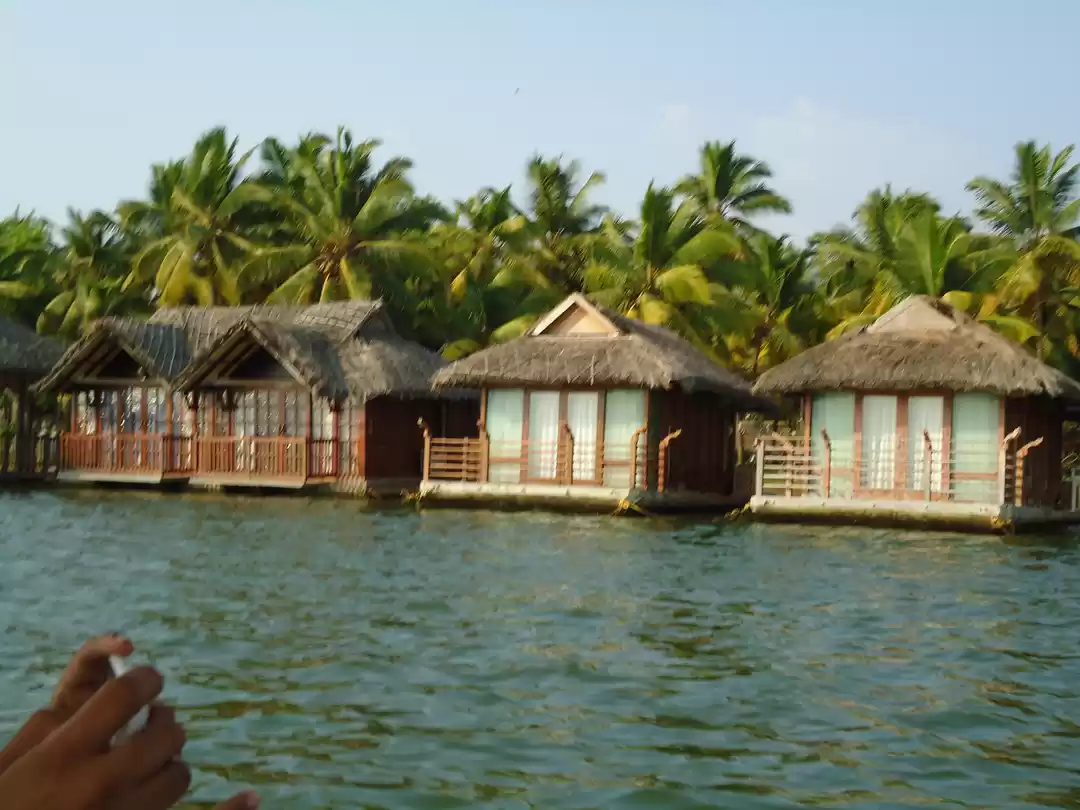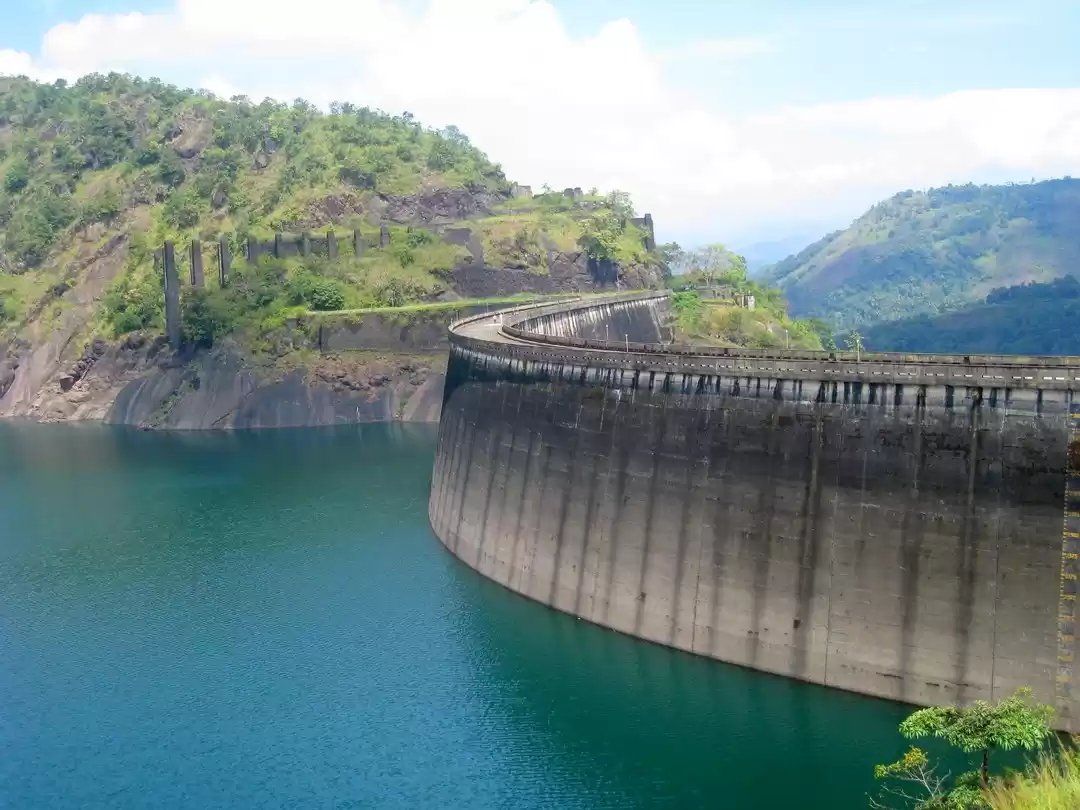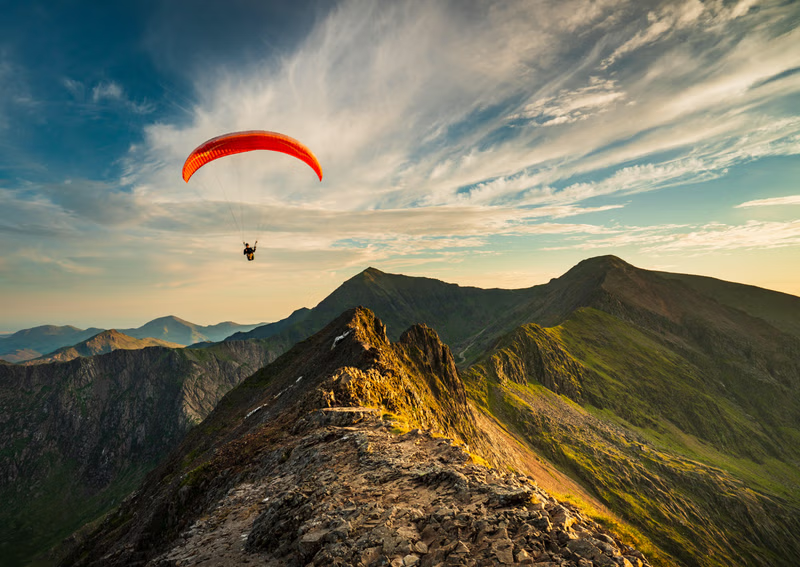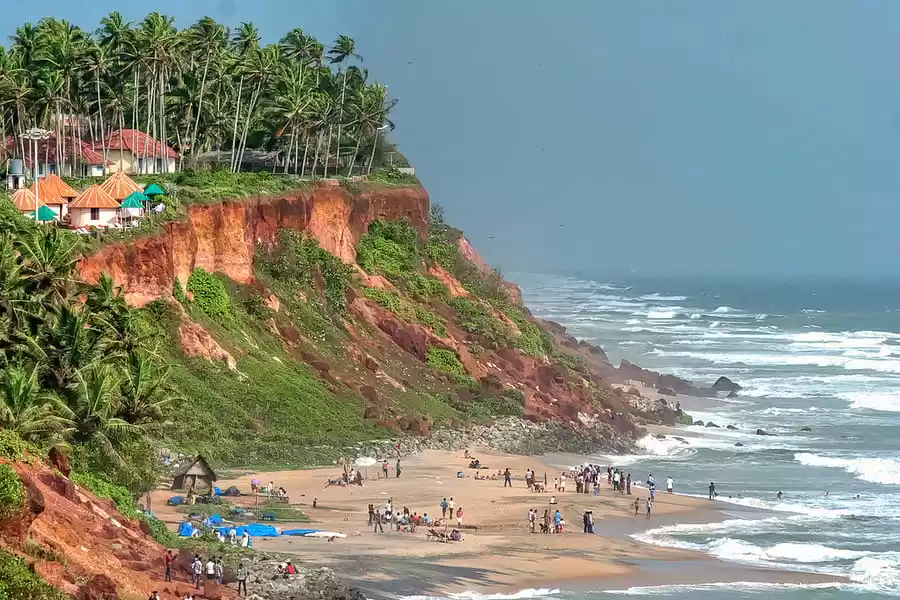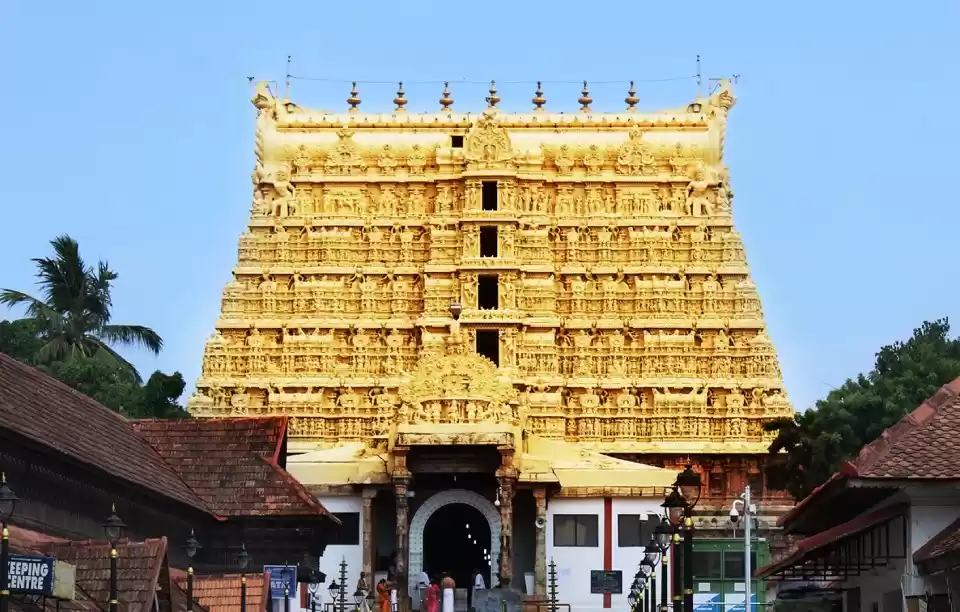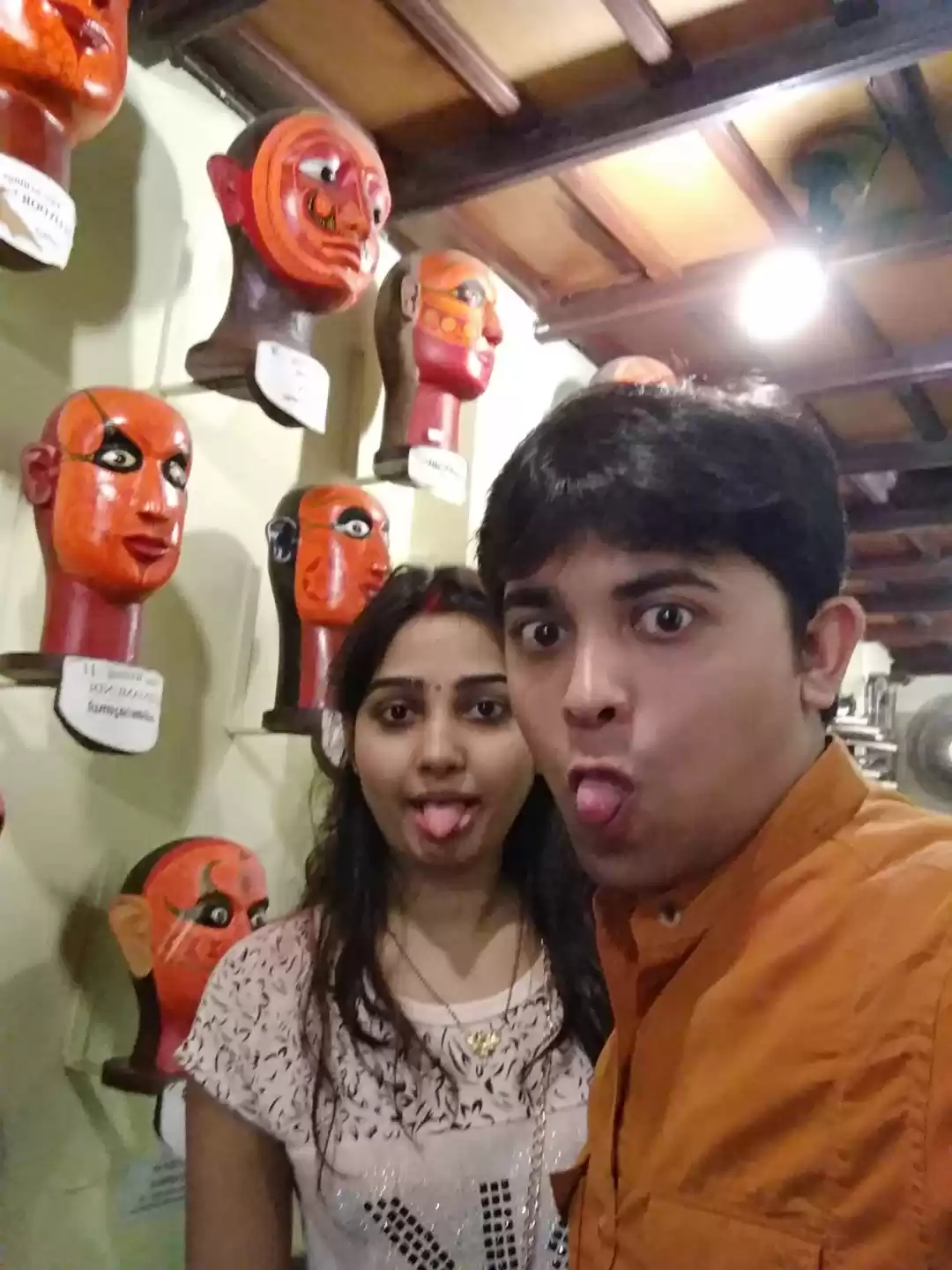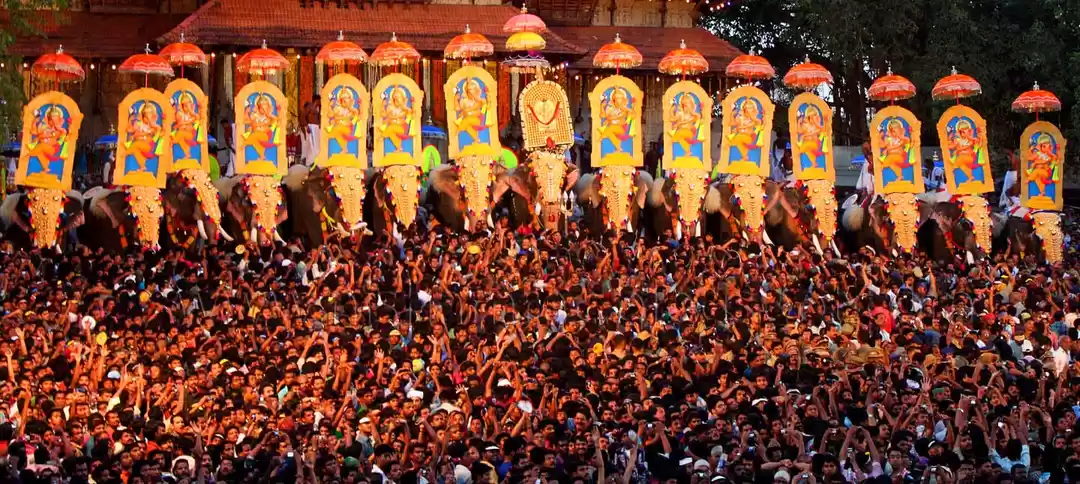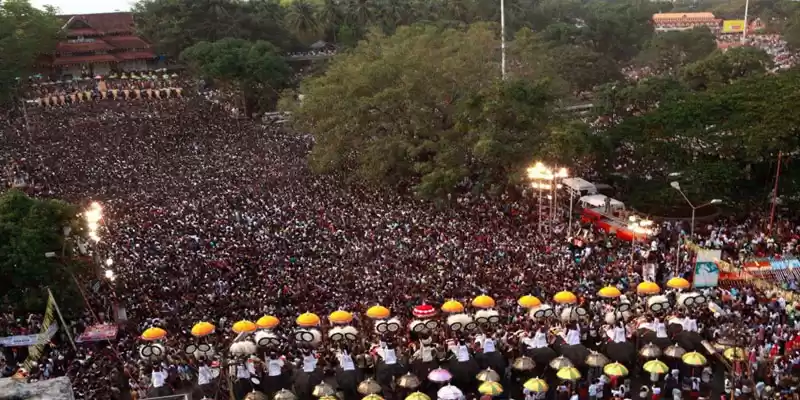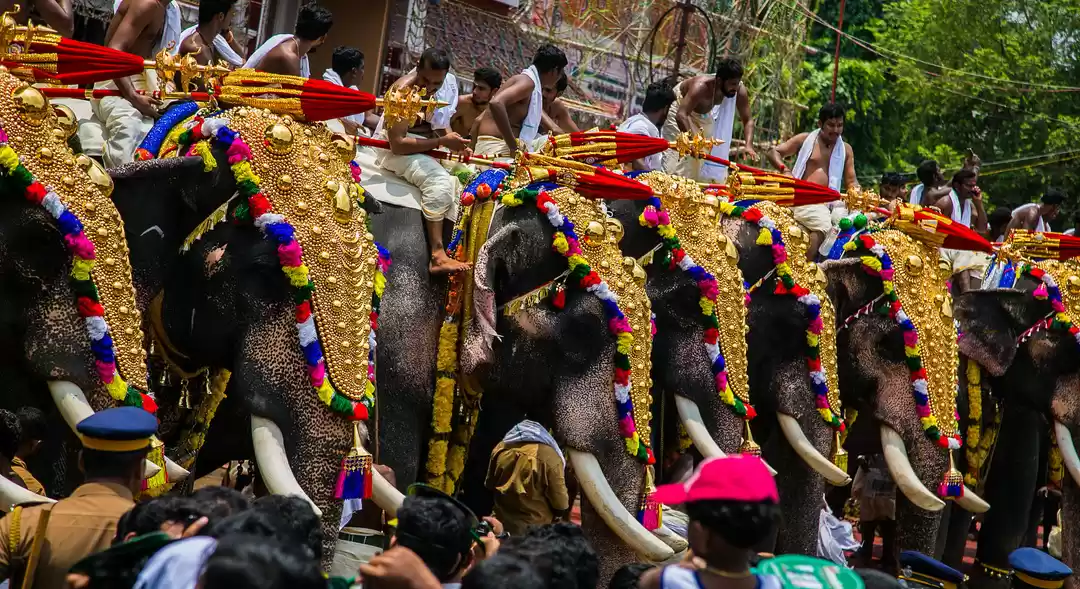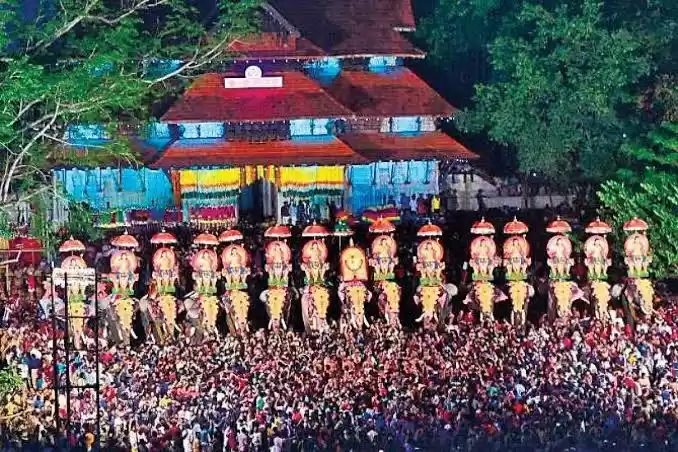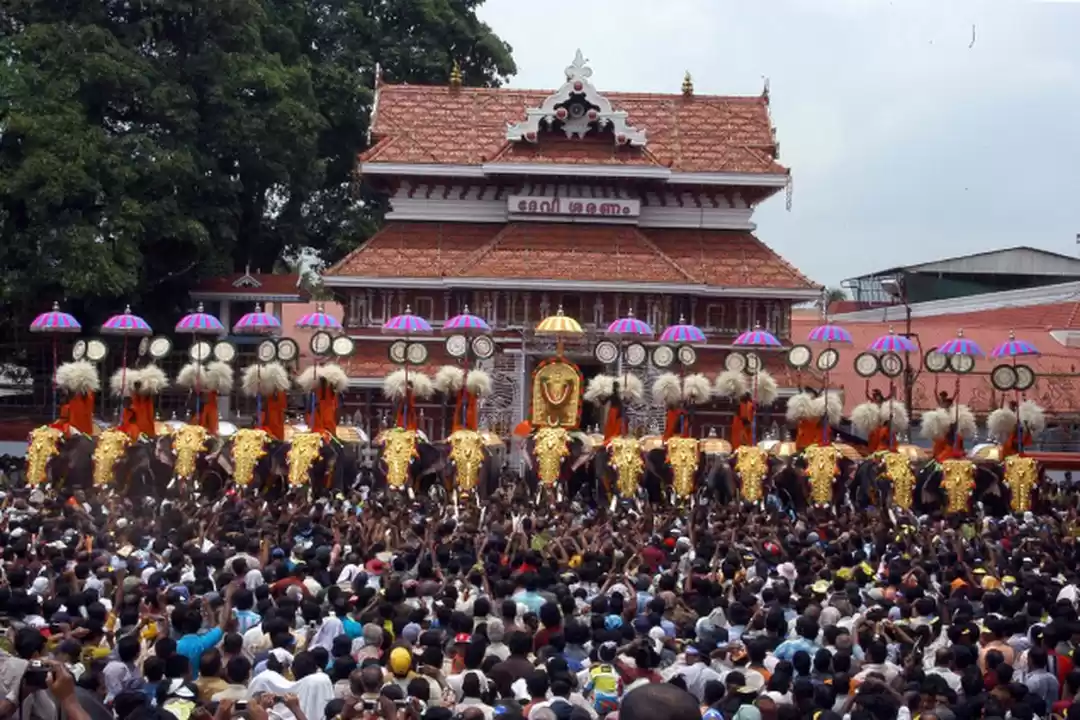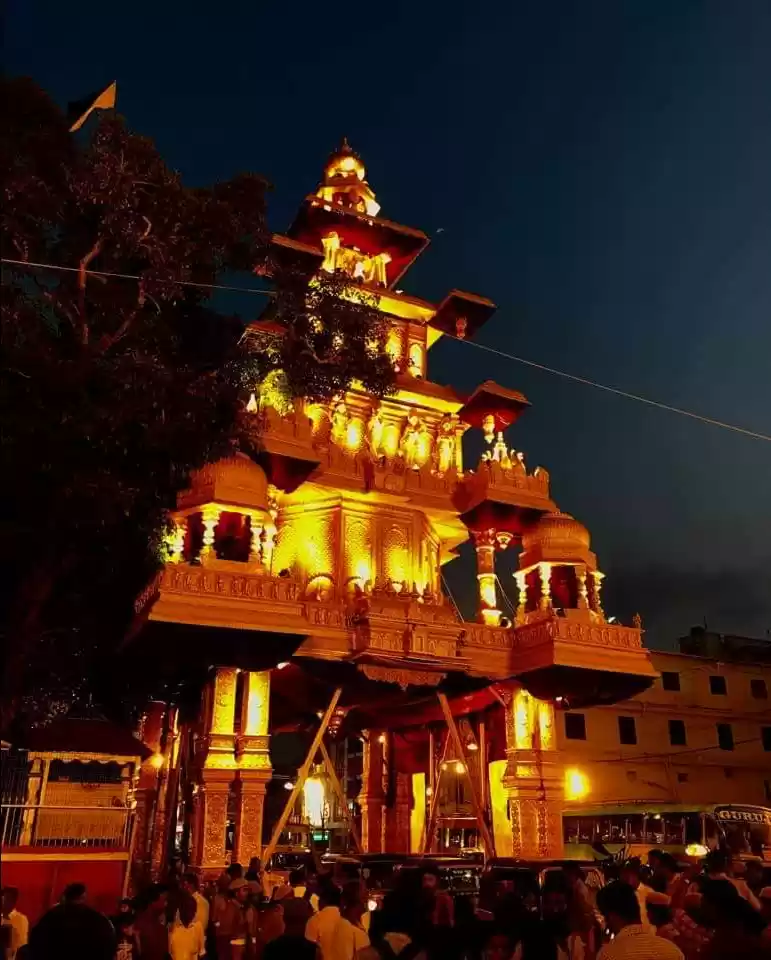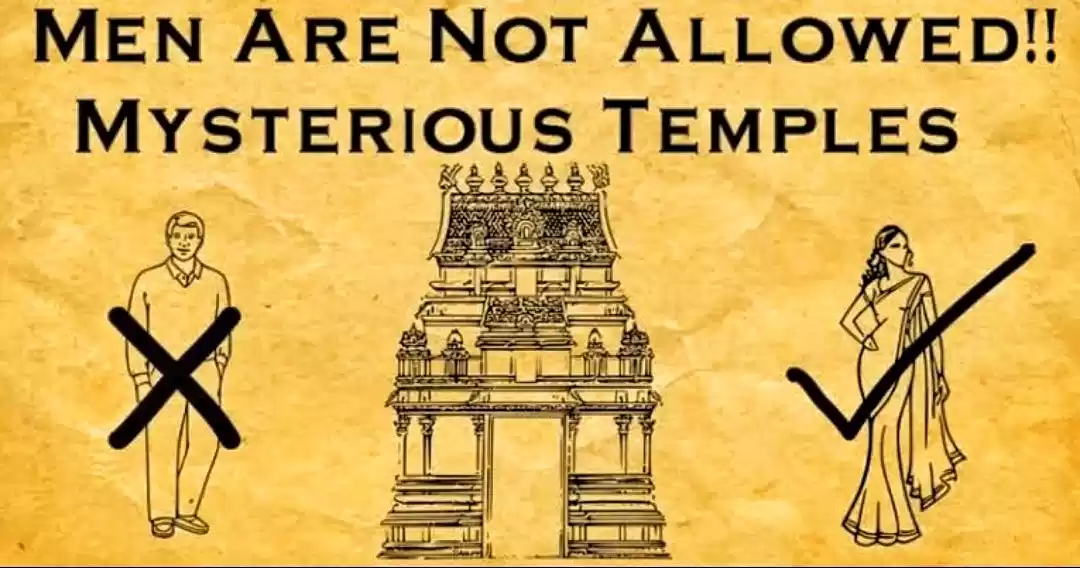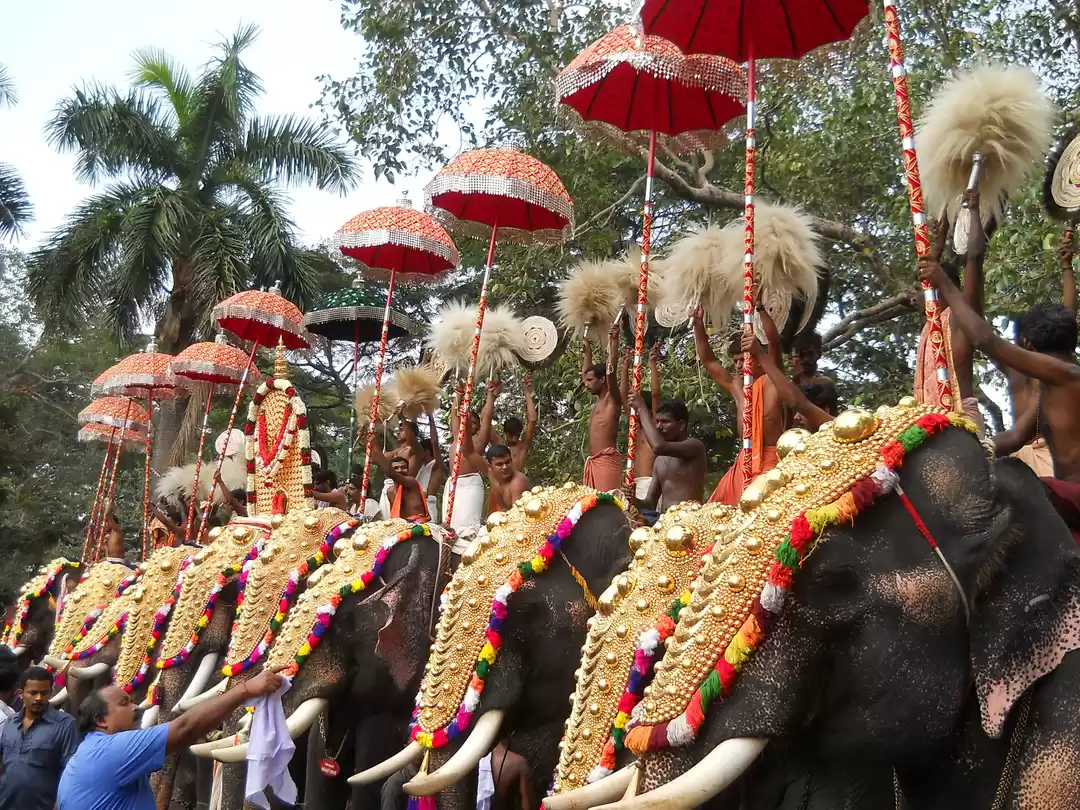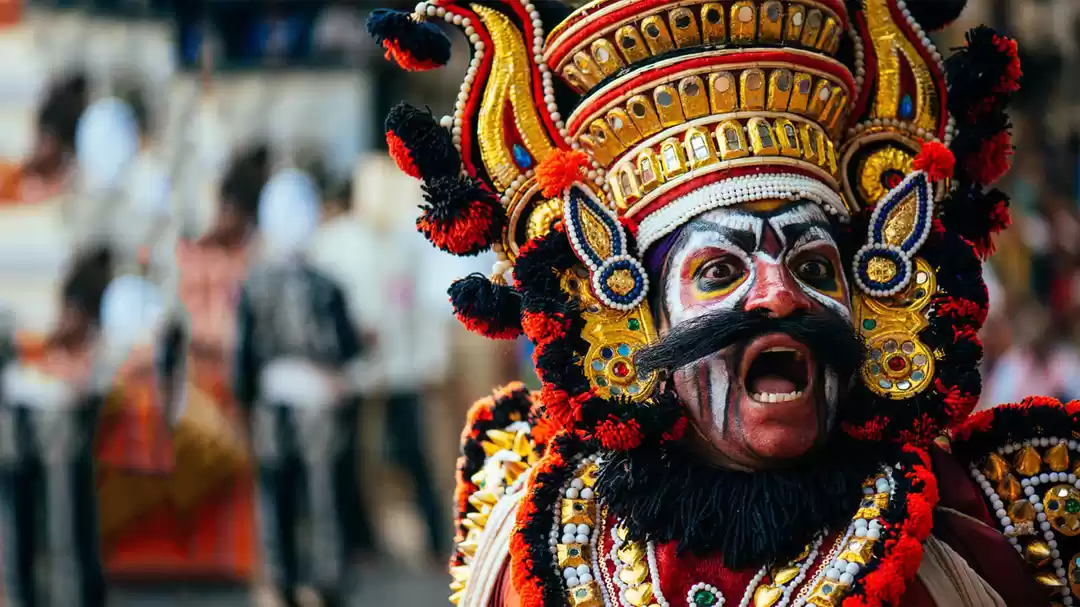
A state of spectacular temple festivals. Every festival in ‘God’s own country’ has a different set of legends and rituals associated with it, each just as fascinating and beautiful as the next. These celebrations are probably the people’s own way of keeping the age-old traditions alive even today.
Kerala’s temple festivals are a priority of every local’s social schedule. And if you want to revel in traditional dance and music, witness colourful outfits and props, people dressed up as Gods, decked up elephants, fireworks and life-size effigies, you should add it to your bucket list too!
1. Alpasi Utsavam
Alpasi Utsavan, a major annual festival, takes place in the Padmanabhaswamy Temple located in Thiruvananthapuram. One of the only few temples dedicated to the Lord Vishnu where he is worshipped in the Ananta Shayanam position. (sleeping on the serpent Ananta with Brahma and a shivalinga)
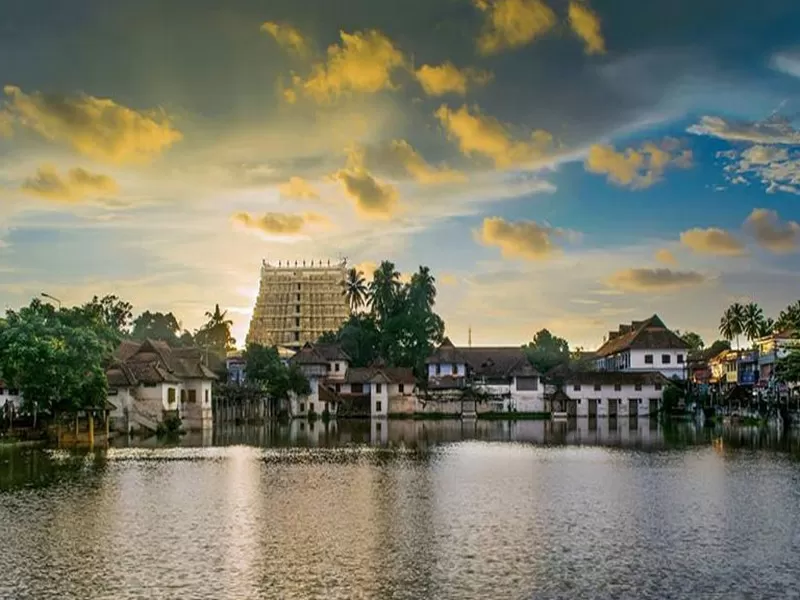
Highlight:
The fascinating part of the festival are the two processes–the Pallivetta and Arattu ceremony and the holy bath in the sea for the deities. The Arattu procession starts from the temple and proceeds to the Shanghumugham beach. The descendants of the Maharajah of Travancore will escort the procession, bearing a sword.
Festival:
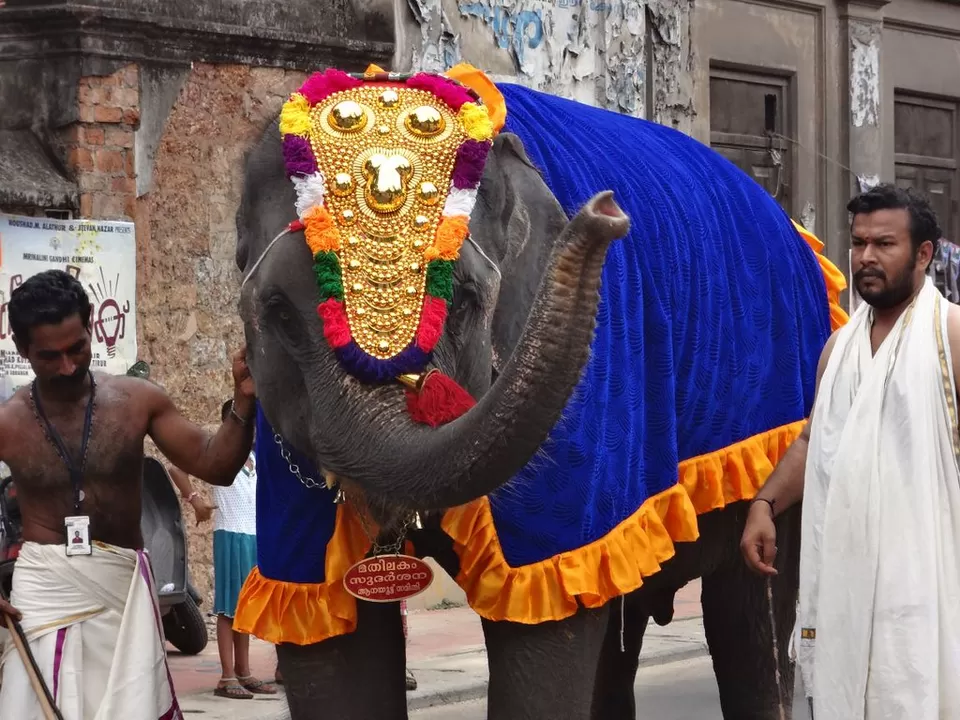

The event starts with the flag hoisting ceremony, an invitation to all Gods and Goddesses to attend the rituals. Special processions are conducted around the temple premises twice every day. Six different vahanas are used to carry the Utsava Moorthy of Lord Padmanabhaswamy around the temple, called the Simhasana, Anantha, Kamala, Pallaku, Garuda, and Indra. On the ninth day, the ritual of Pallivetta is conducted which symbolises a royal hunt during which the Lord comes down to defeat the evil.


Where:
Sree Padmanabhaswamy Temple is situated in the east fort in Thiruvananthapuram.
When:
27th October - 4th November 2019.
Duration:
10 days
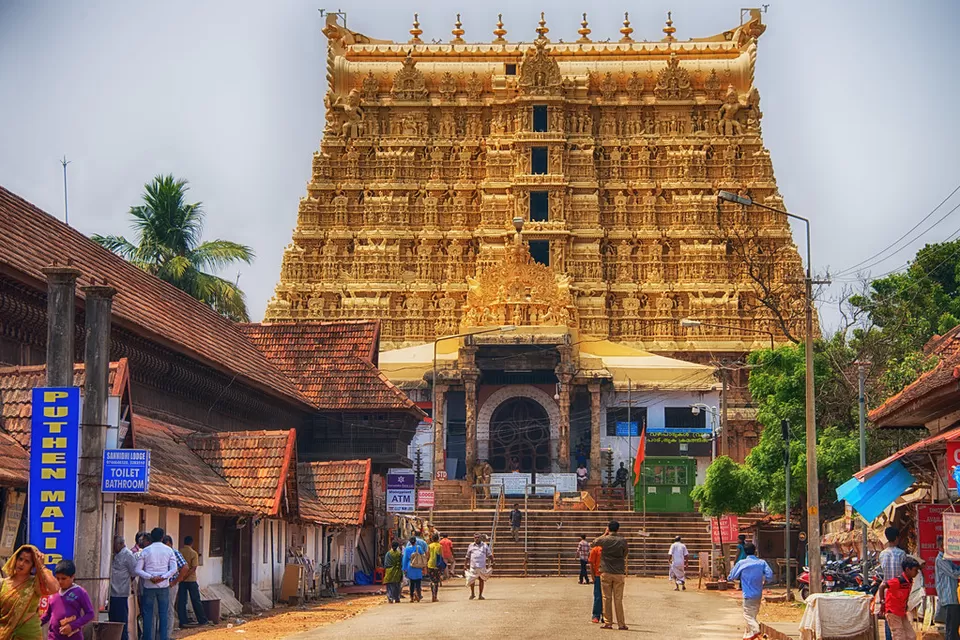
Interesting Tidbit:
This temple has been declared the richest Hindu temple in the world. There are six sealed vaults present beneath the temple premises and their contents are considered highly valuable and a secret. Among them is the valued Vault B which remained closed to the public for centuries. However, after an order of the Supreme Court, the vault was opened and treasures estimated to be about 1 Trillion US Dollars were discovered. A small antechamber within the vault still remains closed to the public as the doors are extremely hard to open and are carved with figures of snakes.
2. Vaikom Ashtami
Vaikom's Shiva is fondly called Vaikkathappan. The Shiva linga here is believed to be from the 'Treta Yuga’ and it is considered as one of the oldest temples in Kerala. The 12th day of its annual festival is called Vaikathashtami.


Highlight:
Dance recitals, Kathakali performances, maha aartis, traditional music, pageantry along with a lot of fanfare and pomp make the festival a rich cultural affair.


Festival:
The evening of the Ashtami is marked by a grand procession in which the Thidambu (replica of Lord Shiva) is carried on an ornamented elephant back, joined by huge processions of devotees and folks from nearby temples.
Ashtami day at Vaikom Kshethram is the day after the full moon. It is believed that during that day Lord Murugan from the nearby temple joins the procession to meet his father Lord Shiva.

Where:
Vaikom Mahadeva Temple, Vaikom, Kerala.
Date:
November 20, 2019

3. Chettikulangara Kettukazhcha
Chettikulangara Kettukazhcha is probably the most amazing cultural visual spectacle in Kerala, similar to the Thrissur Pooram.

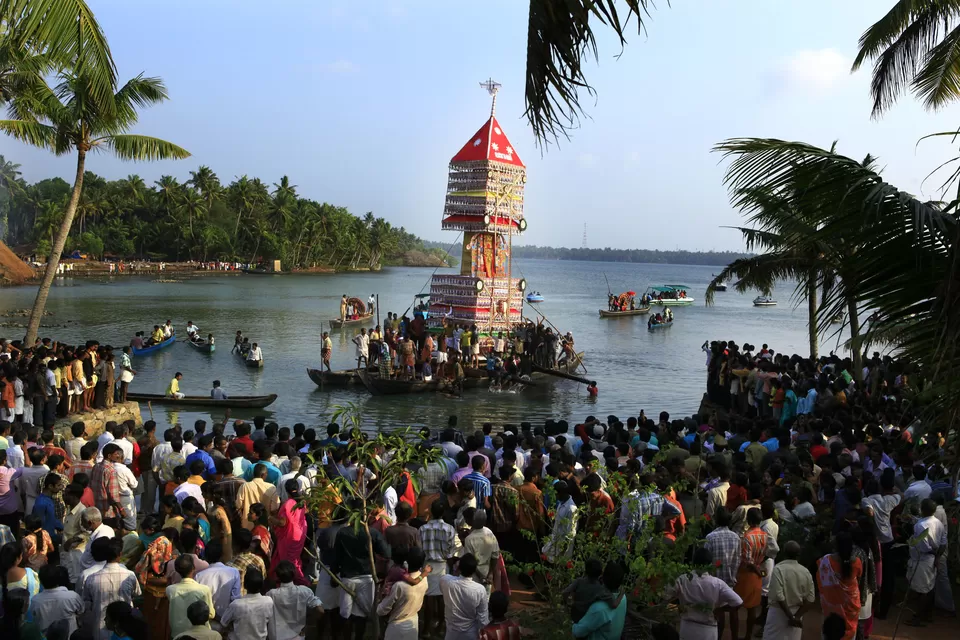

Highlight:
Kettukazhcha displays skilfully sculpted and bedecked forms of six temple cars known as Kuthiras, five Therus (Chariots) and icons from Hindu mythology like Bhima Arjuna, Ganapati, Hanuman, etc. All these temple cars, chariots, and elements are gigantic! In the huge procession, accompanied by music, these sky scrapping effigies create an unforgettable artistic visual, especially during the night in the backdrop of illuminated lights.


Festival:
Chettikulangara Kettukazhcha carries forward the architectural and aesthetic knowledge of the ancient people of Chettikulangara. Kuthiyottam is a ritual art form performed by a group of boys in the huge procession.
A miniature of a temple is constructed at the house of devotees and special rituals are performed there every day till Bharani. The boys are meanwhile trained in Kuthiyottam and on the day of Bharani, Kettukazhcha is performed around the temple.


Interesting Tidbit:
Usually Hindus do not eat non-vegetarian food on auspicious days but it is the opposite on Kumbha Bharani day. Almost all households in and around Chettikulangara prepare a special dish with dried prawns and mangoes (Konchum Mangayum). This dish is an integral part of Bharani celebrations and there is a story behind it too.
Where:
Chettikulangara Devi Temple
(A unique aspect about the deity here is that she is worshiped as Goddess Saraswathi in the morning, Maha Lakshmi in the noon and Durga in the evening.)
When:
29th February 2020
4. Guruvayur Anayottam
An Indian version of the famous Spanish bull-run, this festival includes a grand elephant race at the Guruvayur Temple.


Highlight:
An elephant race or Aanayottam marks the beginning of the festivities at Guruvayur Sreekrishna temple. All the participants are given a feast after the race. The winner carries the Thidambu - the copy of the shrine of Guruvayurappan, on every single event for the following one year. Over the next six days, there are elephant processions all days.
Festival:
In the morning, there is the Sribhuta Balithe followed by Utsavabali on the eighth day. A sumptuous feast is organised for the devotees post which the Lord's Thidambu is taken to the Rudratheertha (temple pond) for Aarattu, amidst the chanting of mantras. Thousands of devotees also take the dip, chanting the Lord’s name to purge them of their sins.


Where:
Guruvayur temple in Thrissur. The temple is known for its strict adherence to the tantric rites as much as for its unique rituals.
When:
March 7, 2020
Duration:
10 Days
5. Attukal Pongala
The Attukal Pongala is a 10-day festival celebrated at the Attukal temple in Thiruvananthapuram. Goddess Attukal Devi is the supreme mother Bhaadrkali Devi the goddess of power and courage.


Highlight:
The festival is marked as the largest annual gathering of women by the Guinness World Records. Millions of women gather every year in the month of Kumbham around this temple. On the ninth day of the festival, they prepare the ritualistic Pongala–a dish made of rice, jaggery, coconut, raisins, dry fruits, and ghee, in earthen pots. It is done as an offering to the presiding deity of the temple - the Goddess - popularly known as Attukal Amma. Goddess Attukal Devi is believed to fulfil their wishes and provide prosperity.

Festival:
It would appear as though every road in and around Thiruvananthapuram city leads to the Attukal Temple, the entire area around the temple, with houses of people of all caste, creed, and religion participate in the festivities. Earlier only women were permitted to participate in the Pongala but after 2017 even men were allowed.

Where:
Attukal Bhagavathy Temple (men are not allowed to enter this temple under some conditions)
When:
9th March 2020
Duration:
10 days
6. Nenmara Vallanghy Vela
A festival celebrated annually in the Nellikulangara Bhagavathy Temple in Palakkad. The Vela festival of Nenmara and Vallangi villages of Chittur taluk, situated on the lap of the hills surrounding the Nelliyampathy forest, is famous for its grandeur and rituals.
Highlight:
Nenmara Vallangi Vela is among the most beautiful celebrations, the bright colours, lights, fireworks and art forms on display make for an unforgettable sensory explosion. After the harvest, the green paddy field becomes to the festival ground. While the procession is going on, you can hear the harmony of temple tunes with many the best artists of Kerala performing the “Panchavadyam” and “Pandi Melam” along with certain traditional rituals. One gets to witness some brilliant authentic art forms like Kummatti, Karivela, and Andivela.

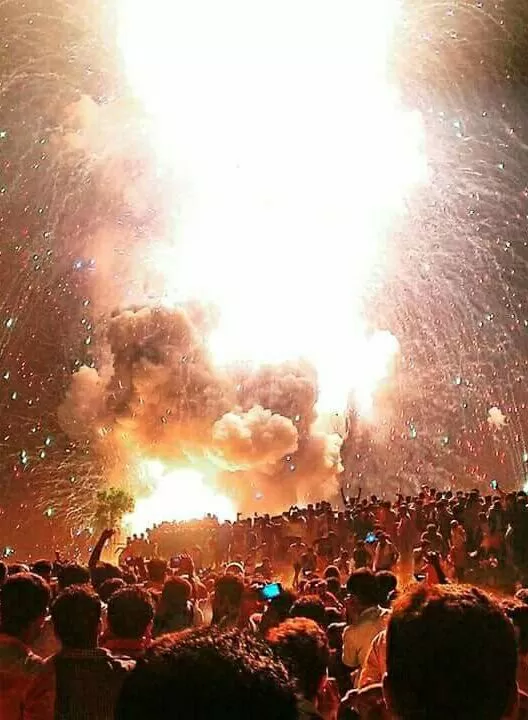

Festival:
Nemmara and Vallanghy are two neighbouring towns in the south part of Palakkad district, which is in the valley of Nelliyampathi hills. The two competing towns adorn and embellish their finest of elephants for the parade and the processions start with moving towards the main location.


Once they reach the temple, the two sides perform the Panchavadyam (traditional Kerala orchestra). Villagers from both sides stand facing each other beneath the Utsavapandal (festival stage) and enthusiastically perform several traditional percussion ensembles in a bid to outshine each other. Pandi Melam is the cultural art forms of Kerala which performed here with its best players of the state. Also, each team creates massive structures called 'Anapanthal', using bamboo and wood which are electrified using small bulbs.


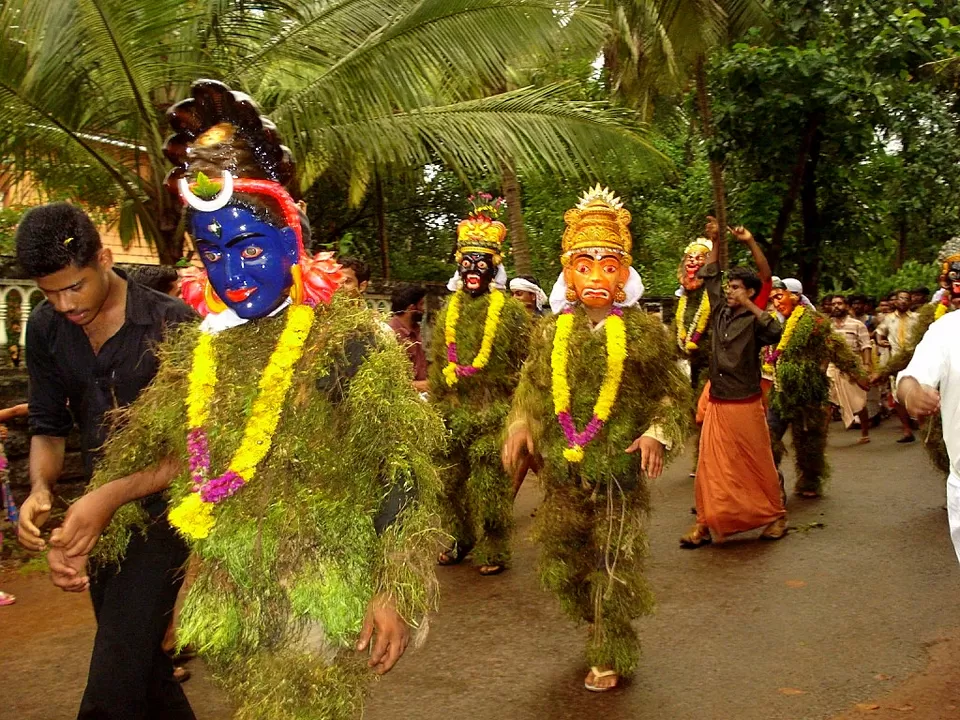
The celebration continues for the first 20 days of 'Meenam', and on the 20th day, the Vela festival will be celebrated. The Vela is celebrated after paddy harvest when the fields are empty and dry.
When:
3rd April 2020 (tentative)
Where:
Nellikulangara Bhagavathy Temple, Nemmara, Palakkad
7. Thrissur Pooram
Kerala's grandest temple festivals are its poorams, especially the world renowned Thrissur Pooram.
Highlight:
Nothing comes close to watching rows of 30 bejewelled elephants or Gajrajas as they are called standing face to face, and the crowds go wild as the beats of the Keralan style Panchavadyam (association of trumpets, drums, pipes, and cymbal) bring alive the colours of the traditional eye-popping umbrellas as the ceremony of Kudamattam is in full throttle. The festival’s much anticipated Elanjithara Melam is considered to be the world’s largest live musical orchestra of percussionists.



Festival:
As per the tradition, the Paramekkavu Devi temple, as well as the Thiruvambadi Sri Krishna temple, pay their obeisance to Lord Shiva, the presiding deity of the iconic Vadakunnathan temple at Thrissur. These two temples and their elephant teams compete with one another on the sixth day through elephant procession, fireworks, and spectacular cultural representation! Seven days before the Pooram, flags are hoisted at the two main participating temples announcing the beginning of the grand competition.

In essence, the Pooram is not just restricted to reflecting a Hindu ritual, Muslim and Christian communities participate in the festival too.


Where: Vadakkunnathan Temple Thrissur
When: 3 May 2020
Post your travel pictures on Tripoto, and get likes and comments from travellers around the world. Start uploading now! The best photo blogs are also featured on our Facebook and Instagram page.
Think we missed out on something? Tell us about it in the comments below. Or write about it here on Tripoto and earn Tripoto Credits!







